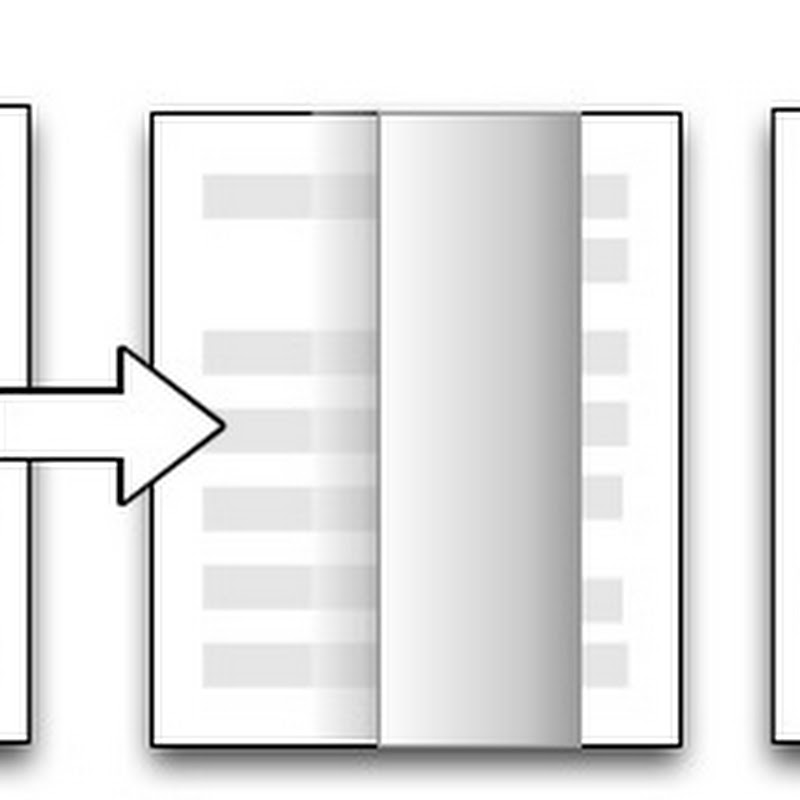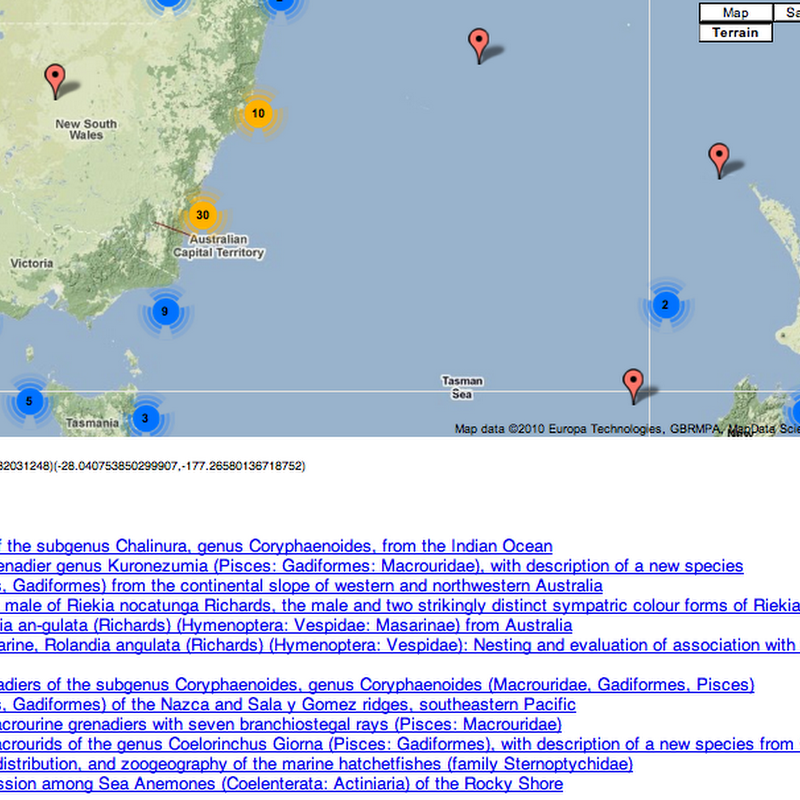
Dario Taraborelli has released ReaderMeter, an elegant app built on top of the Mendeley API. You enter an author's name and it summarises that authorship's readership in Mendeley.

Dario Taraborelli has released ReaderMeter, an elegant app built on top of the Mendeley API. You enter an author's name and it summarises that authorship's readership in Mendeley.

Apple's iBooks app is an ePub and PDF reader, and one could write a lengthy article about its interface. However, in the context of these posts on visualising the scientific article there's one feature that has particularly struck me. When reading a book that cited other literature the citations are hyper-links: click on one and iBooks forwards you (via the page turning effect) to the reference in the book's bibliography.

Previously I've looked at the Nature, PLoS, and Papers apps, now it's the turn of the Mendeley iPad app.

Continuing the series of posts about reading scientific articles on the iPad, here are some quick notes on perhaps the most polished app I've seen, Papers for iPad. As with earlier posts on the Nature and PLoS apps, I'm not writing an in-depth review - rather I'm interested in the basic interface design.Papers is available for the Mac, as well as the iPhone and iPad.

Paulo Nuin, not the biggest fan of Mendeley wrote a blog post entitled Mendeley is going to be open source, in which he wrote:Among the essays Paulo read is Jason Hoyt's post on the Mendeley blog: Dear researcher, which side of history will you be on?. In response to a question about open sourcing the Mendeley client, Jason replied:Despite the fact that open sourcing the desktop client is the second most requested feature for Mendeley, I think

This week seems to be API week. The Encyclopedia of Life API Beta Test has been out since August 12th.

Following on from my earlier post about the Mendeley API, I've bundled up my code for OAuth access to the Mendeley API for anyone who's interested in playing with the API using PHP. You can browse the code on Google Code, or grab a tarball here.

Every so often I revisit the idea of browsing a collection of documents (or specimens, or phylogenies) geographically.

Continuing on from my previous post Viewing scientific articles on the iPad: towards a universal article reader, here are some brief notes on the PLoS iPad app that I've previously been critical of.There are two key things to note about this app. The first is that it uses the page turning metaphor. The article is displayed as a PDF, a page at a time, and the user swipes the page to turn it over.

TreeView X, the open source version of TreeView, has been slowly suffering bit rot as C++ compilers and operating systems change. Every so often I'd tweak the code to build on some Linux version or other, but this isn't something I've a lot of time for. Moreover, because of the hassle of rebuilding binaries and source tar balls the updated versions weren't uploaded to the TreeView X web site.